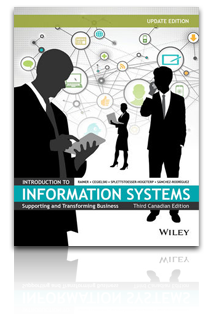Description: Wait a second. No, that’s too long. Remember when you were willing to wait a few seconds for a computer to respond to a click on a Web site or a tap on a keyboard? These days, even 400 milliseconds — literally the blink of an eye — is too long, as Google engineers have discovered. That barely perceptible delay causes people to search less.
Source: nytimes .com
Date: Feb 12, 2012

Google and other tech companies are on a new quest for speed, challenging the likes of Mr. Jain to make fast go faster. The reason is that data-hungry smartphones and tablets are creating frustrating digital traffic jams, as people download maps, video clips of sports highlights, news updates or recommendations for nearby restaurants. The competition to be the quickest is fierce.
People will visit a Web site less often if it is slower than a close competitor by more than 250 milliseconds (a millisecond is a thousandth of a second).
“Two hundred fifty milliseconds, either slower or faster, is close to the magic number now for competitive advantage on the Web,” said Harry Shum, a computer scientist and speed specialist at Microsoft. Read Rest of Story
Questions for discussion:
- Do you feel that web speeds are an issue of competitive advantage? Why or Why not?
2. What do you feel are the best ways to speed up the web?






